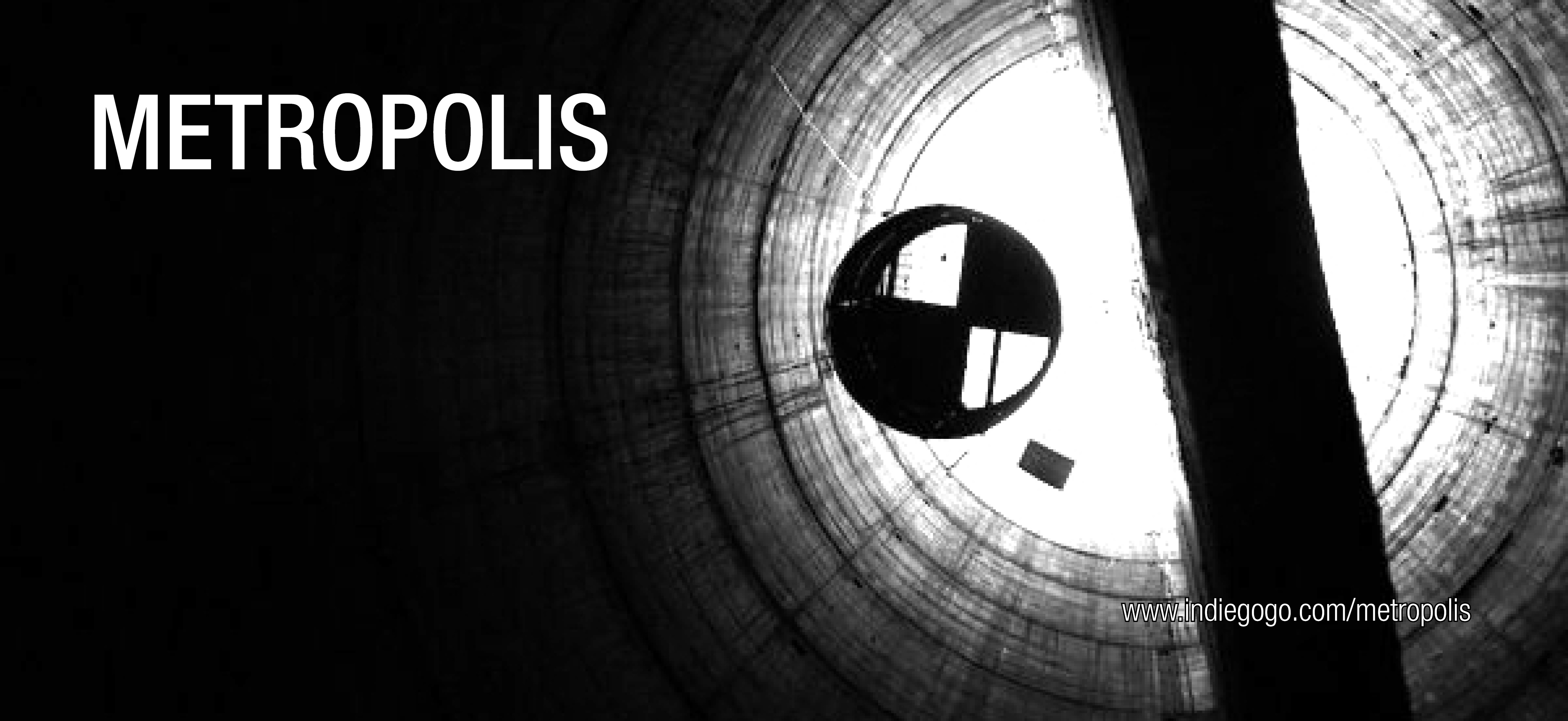Biopower is literally having power over other bodies, “an explosion of numerous and diverse techniques for achieving the subjugations of bodies and the control of populations” (Foucault, History of Sexuality, Vol.I, p.140).
Biopower for Foucault contrasts with traditional modes of power based on the threat of death from a sovereign. In an era like ours where power must be justified rationally, biopower is utilized by an emphasis on the protection of life rather than the threat of death, on the regulation of the body, and the production of other technologies of power, such as the notion of sexuality. Foucault defines it as positive, in opposition to the classic understanding of power as basically negative, limitative and akin to censorship. These contrast the uses of power in masculine and feminine spheres.
Customary regulations, habits, health, reproductive practices, family, “blood”, and “well-being” would be straightforward examples of biopower, as would any conception of the state as a “body” and the use of state power as essential to its “life”. Hence the conceived relationship between biopower, eugenics, and state-sponsored racism. But anything “species-preserving” is an exercise of biopower. When the state, for example, is invested in protecting the life of the population — when the stakes are life itself — anything can be justified. Groups identified as a threat to the existence of the life of the nation or of humanity can be eradicated with impunity.
Biopower is itself a technique used in society of the spectacle. The biopower of this spectacle has totally colonized all of social life, and hence the more interesting manifestions of biopower are manipulations invisible to the straightforward observer. These are sophisticated techniques, and likely unknown to the originators themselves. The biopower discourse, like the discourse on “racism” and “patriarchy” — is a window to the everlasting subterranean war which takes place beneath the peace and “unity” of the spectacle. With biopower we find the appearance of “unity” within the society, since the goal of biopower is to present disunities as unities, and vice versa, within the appearance of the spectacle.
“If genocide is indeed the dream of modern power, this is not because of the recent return to the ancient right to kill; it is because power is situated and exercised at the level of life, the species, the race, and the large-scale phenomena of the population.”
(History of Sexuality, Vol. I in The Foucault Reader p. 137).





















































Good post. I learn something new and challenging on sites I stumbleupon every day.
It will always be useful to read content from other writers and practice a little something from their sites.
really knowledge is power
only the rule of kmowladge changethr domi ation is same
protetion of life or threat of life is same domination
Amazing post!!!! Explained in very simple language…
Hi there friends, its great piece of writing concerning teachingand fully
defined, keep it up all the time.